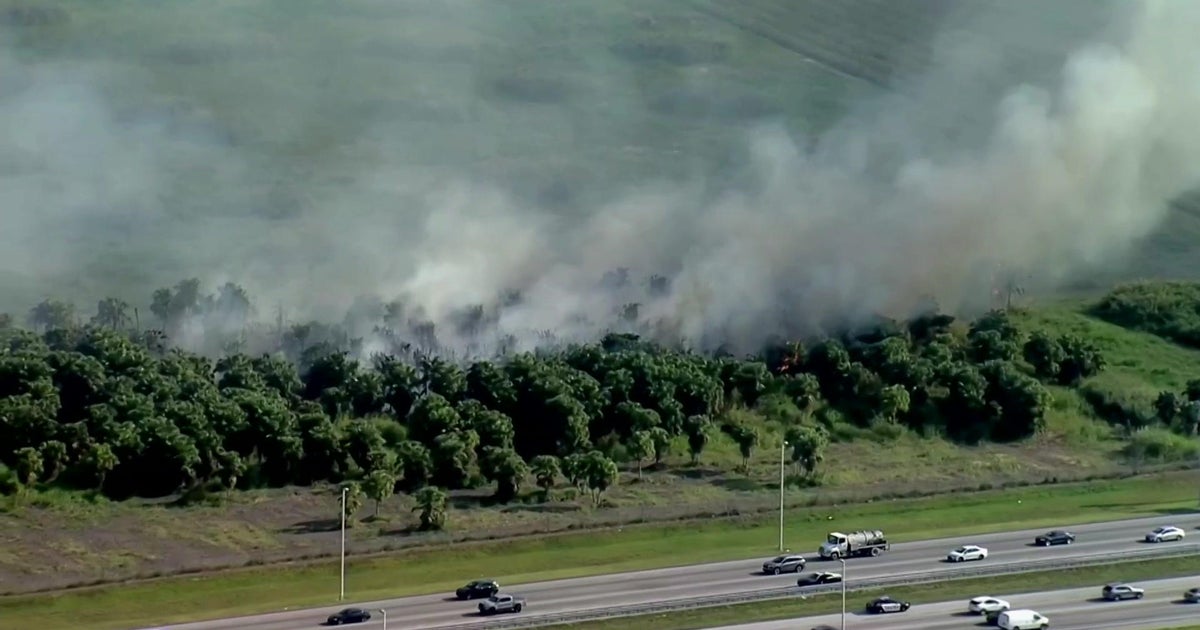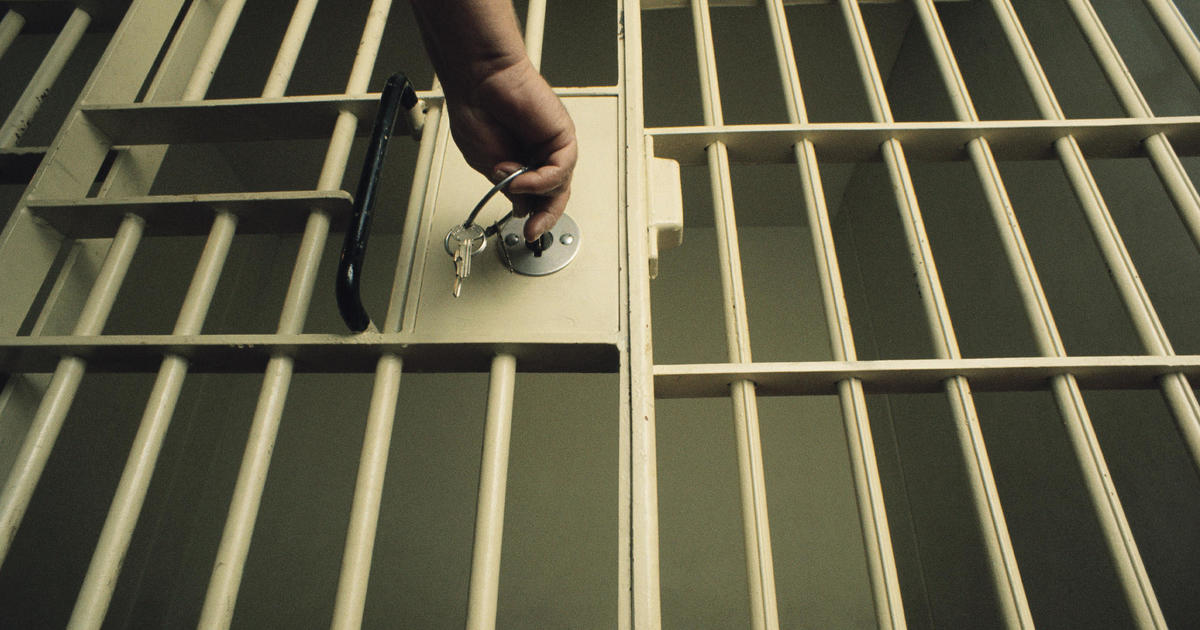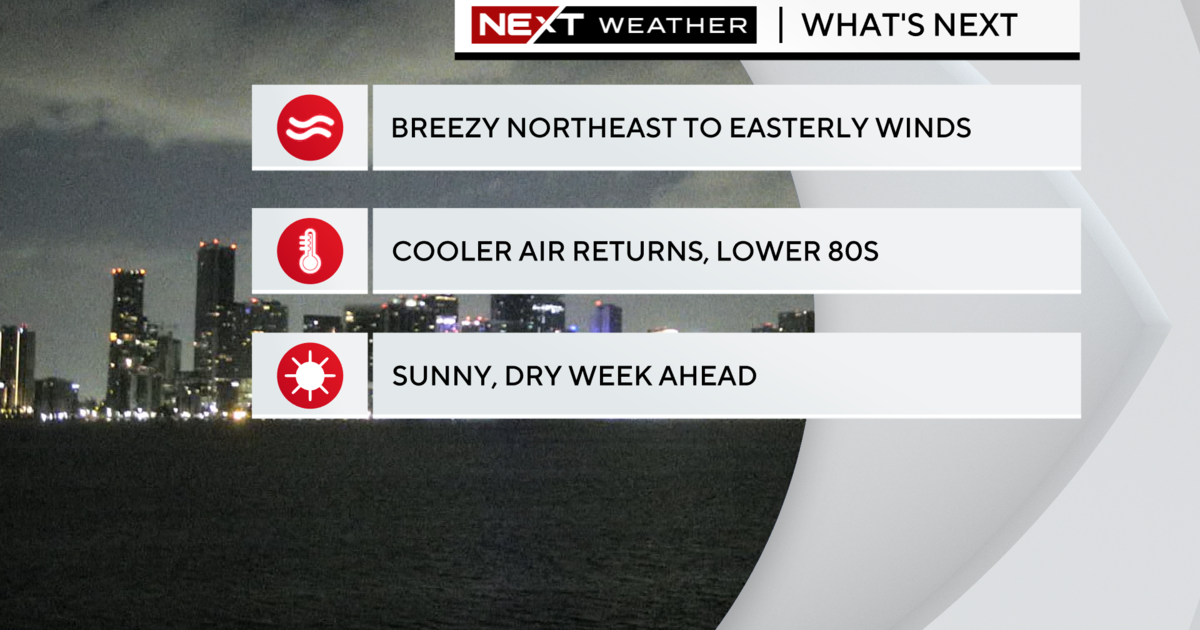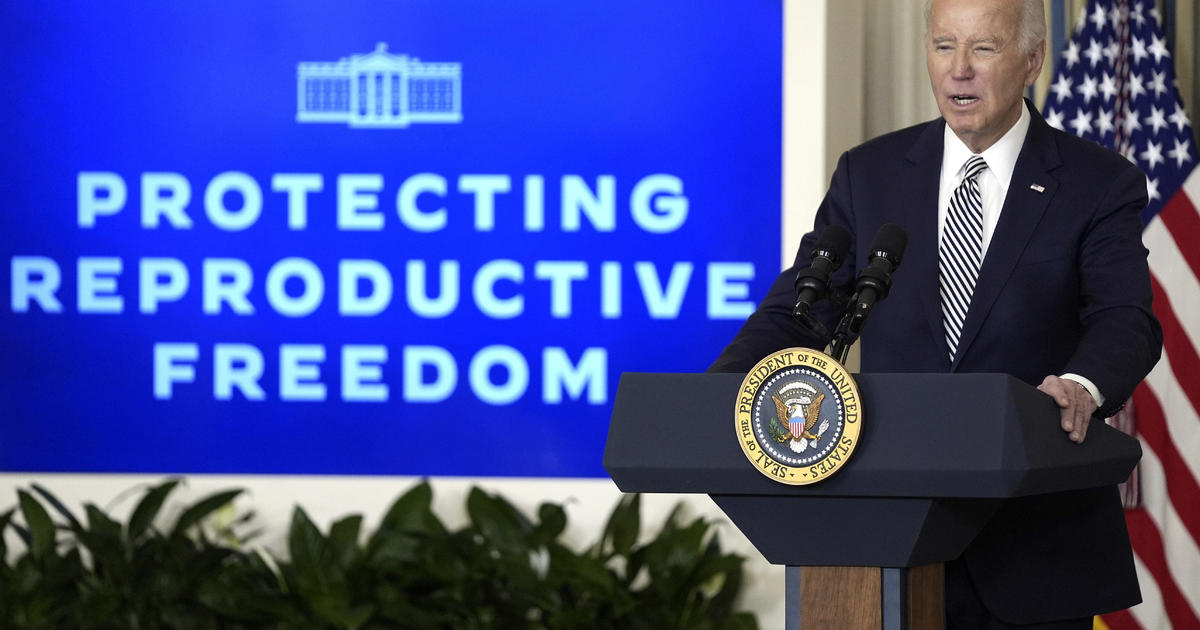Voting Rights Act Heads To Supreme Court
WASHINGTON (CBSMiami) – The United States Supreme Court opened hearings Wednesday on a challenge to the law that if overturned could fundamentally reshape how an entire region of the country handles elections.
The Justices are hearing a challenge to Section 5 of the Voting Rights Act which forces areas with a history of discrimination, primarily in the Deep South, to get approval from the Justice Department before any changes are made to how elections are run.
Five counties in Florida are impacted by Section 5 of the VRA including Monroe County in South Florida. The lawsuit before the court comes from Shelby County, Alabama, which is just south of Birmingham. The county said the "dire local conditions" that once justified the act no longer exist.
Chief Justice John Roberts has a long history of opposing the Voting Rights Act passed into law in 1965. The justices heard a similar challenge in 2009 when Chief Justiec Roberts wrote the law's past success "is not adequate justification to retain the preclearance requirements."
Advocates of the law say it has successfully stopped programs that are similar to poll taxes and other racially discriminating laws from going into effect.
Last year, federal judges in Washington, DC refused to allow two Texas plans to put into place a tough photo identification law for voters and redistricting plans for the state's congressional delegation and state legislature.
The advance approval was adopted in the Voting Rights Act in 1965 to give federal officials a way to get ahead of persistent efforts to keep blacks from voting.
The provision was a huge success, and Congress periodically has renewed it over the years. The most recent time was in 2006, when a Republican-led Congress overwhelmingly approved and President George W. Bush signed a 25-year extension.
The requirement currently applies to the states of Alabama, Alaska, Arizona, Georgia, Louisiana, Mississippi, South Carolina, Texas and Virginia. It also covers certain counties in California, Florida, New York, North Carolina and South Dakota, and some local jurisdictions in Michigan and New Hampshire. Coverage has been triggered by past discrimination not only against blacks, but also against American Indians, Asian-Americans, Alaskan Natives and Hispanics.
Among the covered states, Alabama, Alaska, Arizona, Georgia, South Carolina, South Dakota and Texas are siding with Shelby County, while California, Mississippi, New York and North Carolina argue that the law should be upheld.
Nearly 250 of the 12,000 state, county and local governments covered by the law have used an escape hatch to get out from under the special oversight by demonstrating that they and smaller places within their borders no longer discriminate in voting.
Thousands more jurisdictions also may be eligible, said voting rights expert Gerry Hebert. But that list probably does not include Shelby County, because one of its cities, Calera, defied the voting rights law in 2008 and provoked intervention by the Justice Department in the Bush administration.
(TM and © Copyright 2013 CBS Radio Inc. and its relevant subsidiaries. CBS RADIO and EYE Logo TM and Copyright 2013 CBS Broadcasting Inc. Used under license. All Rights Reserved. This material may not be published, broadcast, rewritten, or redistributed. The Associated Press contributed to this report.)



